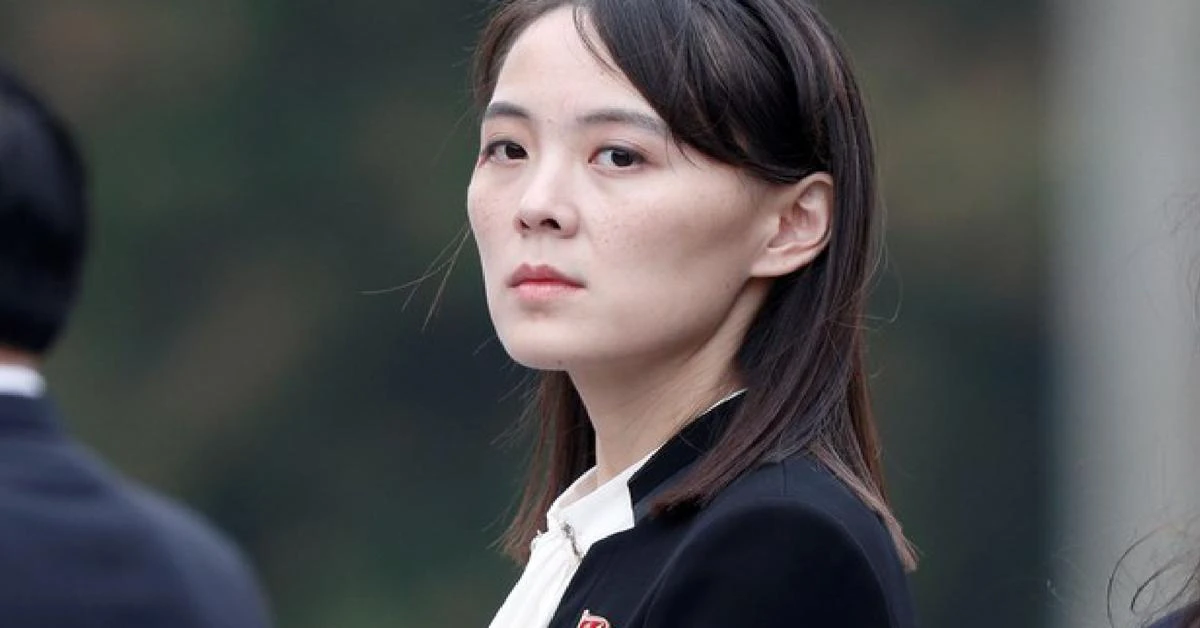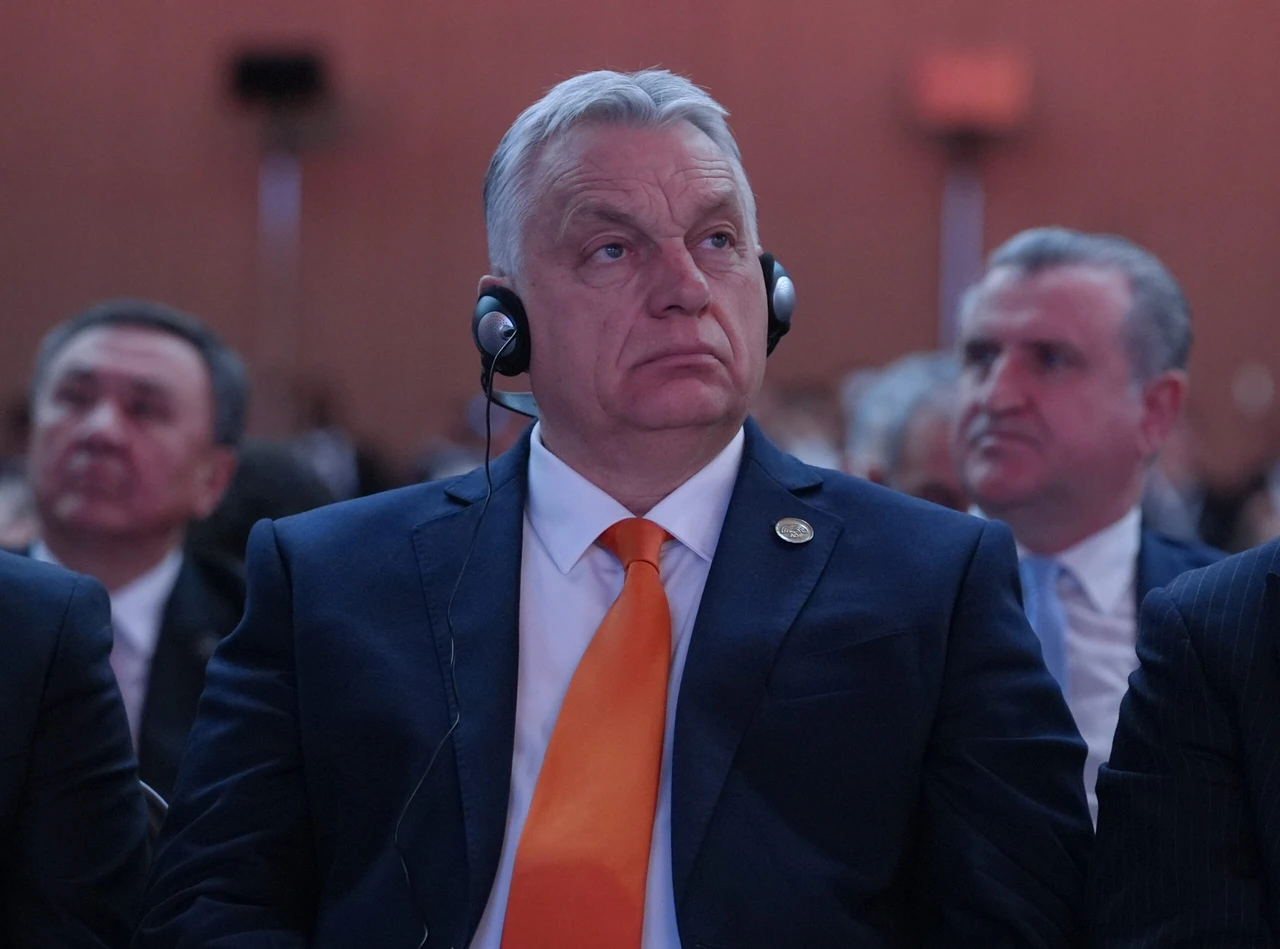North Korea willing to improve relations with Japan

Kim Yo Jong’s comments followed the Japanese Prime Minister’s emphasis on the necessity to alter the existing relationship between Japan and North Korea
The influential sister of North Korean leader Kim Jong-unexpressed Thursday that the reclusive nation is willing to strengthen its relations with Japan, even hinting at the prospect of inviting the Japanese Prime Minister to visit Pyongyang.
Kim Yo Jong’s statement followed remarks made by Japanese Prime Minister Fumio Kishida in a recent speech, where he emphasized a solid desire to transform the current dynamic between Japan and North Korea.
“If the Prime Minister’s recent speech genuinely reflects a sincere effort to break free from past constraints and advance DPRK-Japan ties, there seems to be every reason to view it positively,” remarked Kim Yo Jong, as reported by North Korea’s state-controlled Korean Central News Agency on Thursday.
The term DPRK denotes the Democratic People’s Republic of Korea, the official name of North Korea.
Kim suggested that a potential visit by the Japanese Prime Minister to Pyongyang could materialize, provided that Tokyo abandons its tendency to unjustly criticize the DPRK for its legitimate self-defense rights and refrains from resurrecting issues like the abduction problem that have already been settled.
This perspective, Kim clarified, is solely her personal opinion.
“I believe our leadership remains hesitant to mend DPRK-Japan relations and lacks enthusiasm for engagement,” she noted.
“It is crucial to monitor Prime Minister Kishida’s underlying motives in the days ahead.”
The abduction matter poses a significant hurdle to the normalization of diplomatic ties between North Korea and Japan.
Japan asserted that 17 of its citizens were abducted by North Korea in the 1970s and 1980s for teaching language to North Korean intelligence agents, with 12 individuals still believed to be in North Korea.
In contrast, Pyongyang claims that eight of the 12 alleged abductees have passed away, while four never entered North Korea, contending that there is no unresolved issue at hand.
In response to Kim Yo Jong’s statements, Japanese foreign ministry spokesperson Yoshimasa Hayashi rebuffed her assertion that “the abduction issue has been resolved,” deeming it “wholly unacceptable.”
During a routine press briefing, Hayashi emphasized that “Japan maintains its stance of comprehensively addressing issues such as abductions, as well as nuclear and missile programs, based on the Japan-North Korea Pyongyang Declaration.”
Signed in 2002 following a visit to Pyongyang by former Japanese Prime Minister Junichiro Koizumi, the declaration comprised four key components: facilitating discussions on normalizing diplomatic relations, offering compensation through reflection on historical events, preventing the recurrence of regrettable incidents like abductions and fostering collaboration to tackle nuclear and missile concerns.
Hayashi did not provide further commentary, citing potential repercussions on future negotiations.
When questioned about North Korea’s motives behind the statement, he responded: “I am not in a position to speculate on North Korea’s intentions and objectives.”
Source: Newsroom



